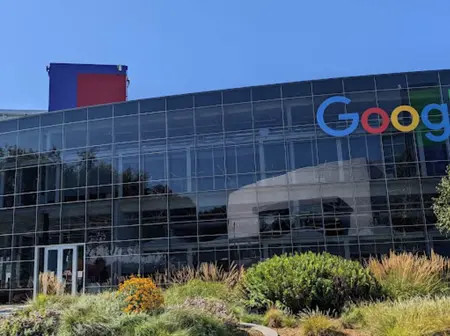More than 200 contract workers supporting Google’s artificial intelligence projects have been laid off, drawing attention to the often unseen labour force shaping some of the world’s most powerful technologies.
The affected group was employed through GlobalLogic, a Hitachi-owned outsourcing company, and its subcontractors.
Many served as “raters”, tasked with evaluating AI system outputs for accuracy, fairness, and safety.
Their feedback informed products such as the Gemini model and AI Overviews in Search.
A small group of “super raters”, who held advanced degrees, earned as much as Sh4,134 an hour, while others doing the same type of work were paid significantly less.
The job cuts, according to those affected, unfolded in at least two separate rounds last month.
Some contractors said they were caught off guard.
They described receiving short emails ending their assignments, with little notice and only a vague reference to a “project ramp-down”.
For many, the layoffs deepened existing concerns.
Workers feared that the very systems they were helping to build might one day replace them.
Others pointed to ongoing disputes over uneven pay, lack of benefits, and limits on their ability to organise collectively.
They also said they had been restricted from raising concerns on internal forums, with two workers filing complaints to the US National Labour Relations Board alleging retaliation for speaking out.
Google has maintained that the situation is a matter for its vendors.
The company emphasised that Alphabet does not directly employ the contractors, but that suppliers are expected to follow a code of conduct.
GlobalLogic has so far avoided responding to the grievances.
Across the technology industry, the episode reflects a growing pattern: major AI firms lean heavily on a shadow workforce to annotate data and refine systems used globally, yet these workers remain underpaid, unseen, and quickly expendable.
As regulators and unions intensify their focus on the AI economy, the layoffs sharpen a broader dilemma, how will human labour fit into an industry increasingly defined by automation?

Leave a Reply